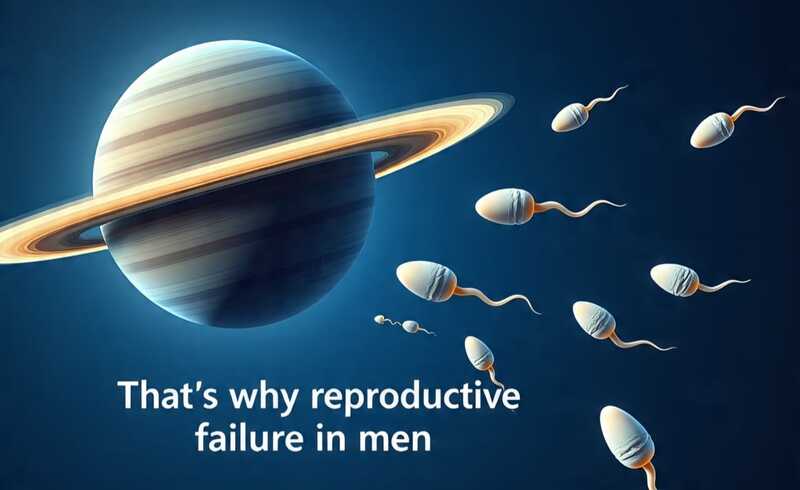Article Today, Hyderabad: International studies have raised serious concerns over the declining reproductive health of men. Experts say modern lifestyle choices, poor dietary habits, and increasing environmental pollution are contributing to a significant drop in sperm count. As a result, millions of couples across the world are facing infertility, triggering the rise of fertility clinics—many of which are now under scrutiny for unethical practices.

Sperm Count has Halved in Five Decades
According to the Human Reproduction Update report, global sperm count has fallen drastically between 1973 and 2020. The study notes that the average sperm concentration in men aged 20–30 was around 100 million per millilitre in the 1970s. By 2020, this number had dropped to nearly 50 million, indicating a steep 50% decline. This drop signals a serious threat to male fertility on a global scale.
Infertility Not Just a Women’s Issue
Traditionally, infertility is often blamed on women. However, the report argues that male factors are equally responsible but frequently overlooked. In regions like Asia and Africa, social pressure on women continues, often leading to stigma or practices like polygamy. Globally, around 48.5 million couples are believed to be struggling with infertility.
Over 2.75 crore Indians Face Infertility
India alone accounts for nearly 27.5 million infertility cases. Among these, 48% are due to female factors, 31.6% due to male factors, and 20.4% involve both partners. Nearly 80% of infertile men show reduced sperm count, while 7–10% have zero sperm production. The problem is more widespread than many assume, doctors say.
Multiple Reasons Behind Male Infertility
Medical experts attribute male infertility to a range of causes. These include hormonal imbalances, congenital abnormalities, and infections in the reproductive organs. In addition, modern lifestyle stress, delayed marriages, consumption of adulterated food, smoking, alcohol, drug use, pollution, and excessive mobile phone use are all cited as contributing factors.

Fertility Industry Boom Raises Concerns
The growing infertility crisis has led to a surge in fertility centres across India. However, not all of them follow ethical practices. In some cases, clinics charge lakhs of rupees, exploiting the desperation of couples. The recent controversy involving the ‘Srushti’ fertility centre has once again highlighted the urgent need for regulation and oversight in this sector.
Treatments are Available But Awareness is Key
Several effective treatments are available to address infertility, especially when diagnosed early. Experts advise adopting a healthy lifestyle—balanced diet, quitting smoking and alcohol, regular exercise, meditation, and adequate sleep. Severe conditions like zero sperm count or varicocele can be treated using modern methods like microsurgical varicocelectomy. Doctors recommend timely medical consultation and treatment to improve fertility outcomes.
Early Intervention can Make a Difference
Health professionals urge couples not to delay seeking help. Raising awareness about male infertility and removing social stigma are crucial steps in addressing this growing issue. With proper diagnosis and treatment, many affected individuals can still achieve parenthood.



